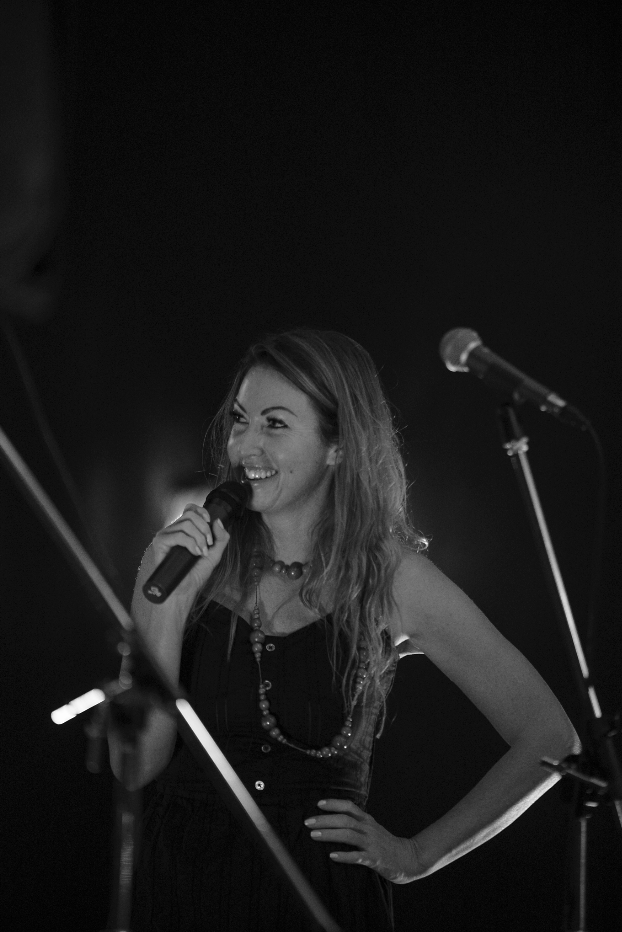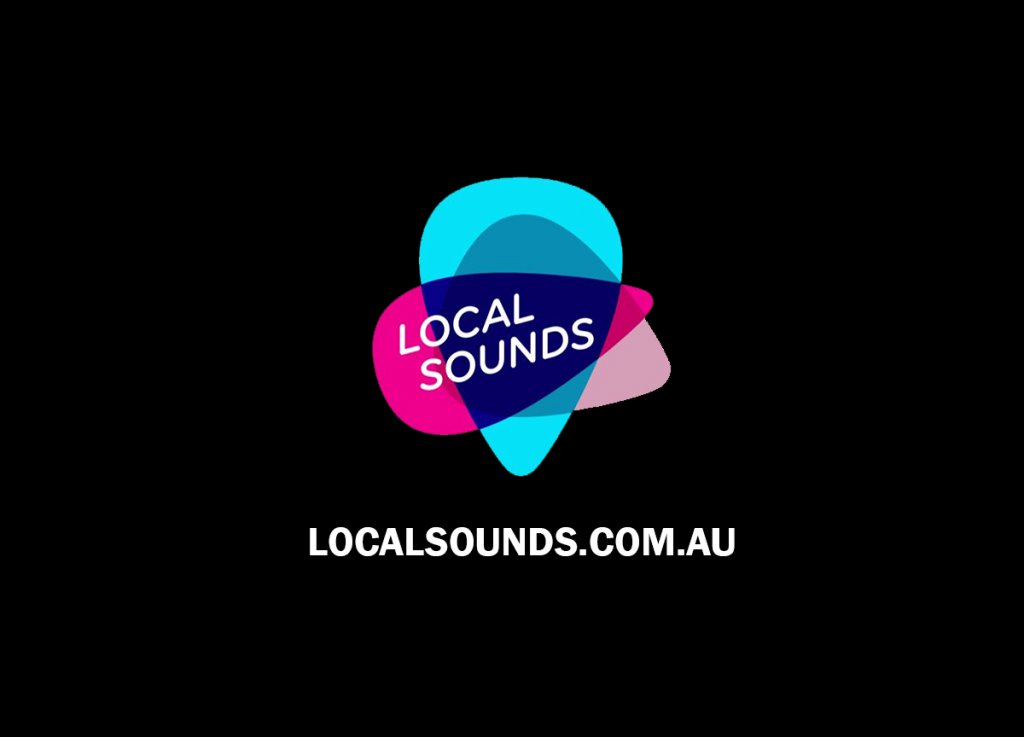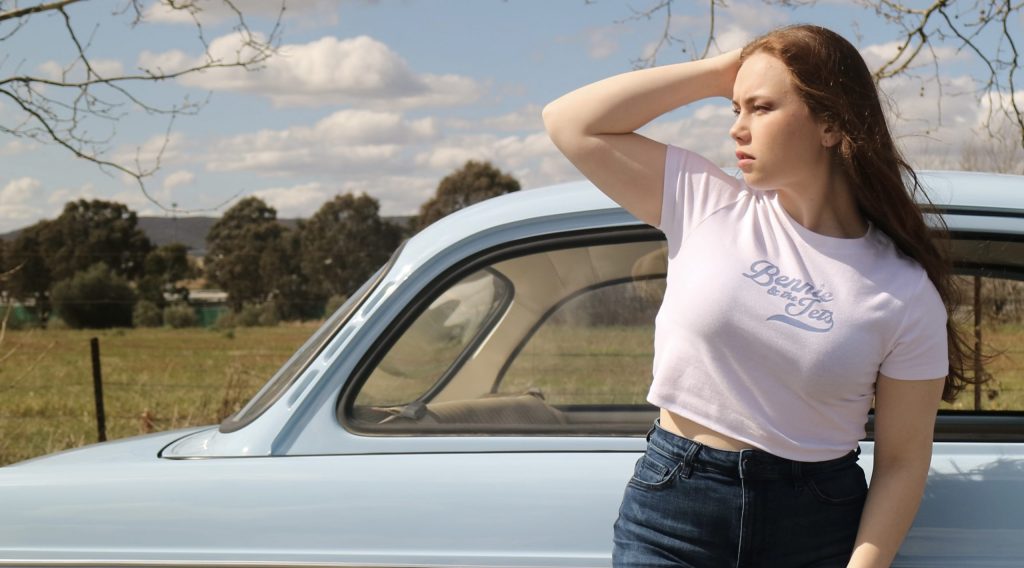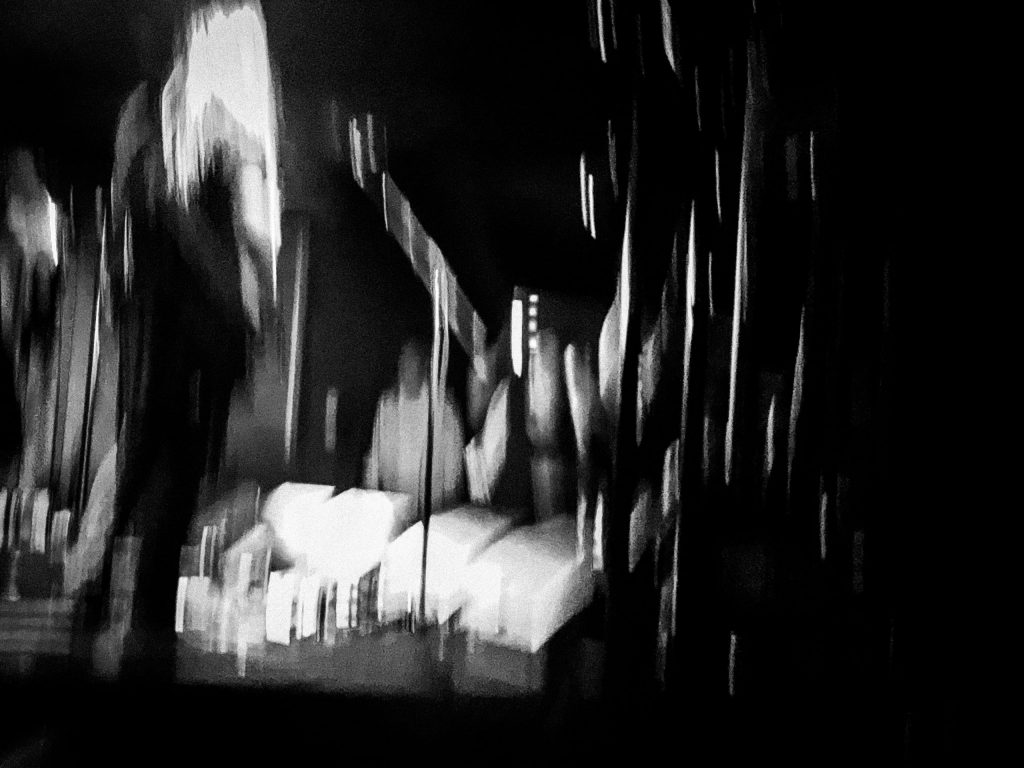The Bystander Effect
Written by Atomic Newsroom on 24 September 2020
If you see someone with lipstick or food on their teeth. Do you tell them, even if instigating a conversation could make that person or yourself momentarily uncomfortable? I do. Mainly because I think I’d like someone to tell me or bring attention to it so I can fix it.
Something happened last week that drew my attention that this isn’t always the norm.

I love getting out amongst it and feeling productive. Especially in the sunny weather. It’s like the sun filling up your soul. It’s good for you. Warms your cockles to quote someone over 80.
Last weekend as per request from Dad for Father’s Day. A day alongside.
The term A day alongside is a reference I’ve grown up with. For context it came from me coming home at the end of a big day at school, work etc saying I’m puffed and then Dad going pfft. “put in a day alongside” then see how you go.
So, for his Father’s Day present we put in a day alongside together. Big time.
I didn’t want to slow up, nor did he. Neither wanted to admit defeat. Ultimate competition, no one wants to opt out first. The task was gardening amongst other things. Pruning, wrecking and demolishing stuff.

I love wrecking stuff, it’s the immediate gratification. For someone like me with a low attention span, seeing the path of destruction behind you is ultimate.
I went so gung-ho pruning I head butted a tree and I received a black eye for my troubles. It was adoozy. A pretty normal thing to happen to me, where I go at something bull at a gate with no body awareness. I’m very accident prone when I’m in a zone it was just another injury for me. Just another war wound.

For the next week I walked around, living my best life doing what I normally would. But with a massive shiner. I didn’t really care; it was more like a badge of honour attached to a story I could tell. Most close to me will roll their eyes and ask “what did I do this time?” Because it’s not an unusual thing for me to injure myself.
A week into having this black eye. I was pulled over at the border crossing chatting to the cops and one looked at me and said, “what happened to your face, are you ok?”. Briefly I didn’t remember, then I said, “oh I’m just one of those really clumsy people, I knocked myself pruning.” He looked at me sternly and went “REALLY?”. Even as I was trying to convince him I realised how suspicious my true story sounded and that I probably would have been better off lying. I came out of it feeling a bit guilty about not having a better answer.
It looked bad. Really bad. But interestingly that cop was only one of two that asked if I was ok for the whole time I had it.
I wasn’t trying to hide it; I didn’t put make up on it. To me it was just something I’d done to myself. Another battle wound. People were obviously looking but didn’t say anything.
It didn’t really bother me. It bothered my male mates though. They were glared at by numerous bystanders, café workers, people in the grocery aisles. Anyone that walked with me, sat at a café with me. Was judged very heavily. I wasn’t judged. They were.
Reflecting about it afterwards I was thinking there were many times that I had been near my male friends but not with them and if someone had of truly been worried they could have subtly asked me without drawing attention if I was ok. No one did.
So, what is the bystander effect? Why is it that we are all happy to judge from afar but not seek clarification? We will often pass judgement from a safe distance but not want to get involved.
At a basic explanation, it’s passing the buck. Two factors come into play. Diffusion of responsibility and social influence. The perceived diffusion of responsibility. The greater number of people present the less likely people are to step in and help a person in distress. So, then it’s not your problem it’s someone else’s.
Where does the fear come from of stepping in and stepping up?
I wasn’t in distress or danger. But the mere fact I had a black eye that obviously bothered people, yet no one thought to check on me is a worry. The only way to counteract this is for others to step up. If someone leads others will follow and also step up. It’s safety in numbers, like a pack.
The sum of numbers is safer than not. At some time, everyone has been a bystander, someone who witnesses bullying but doesn’t get involved. You can become an upstander instead – the person who knows something is wrong and does something to make things right. It does take courage.
The standard you walk past is the standard you accept.






